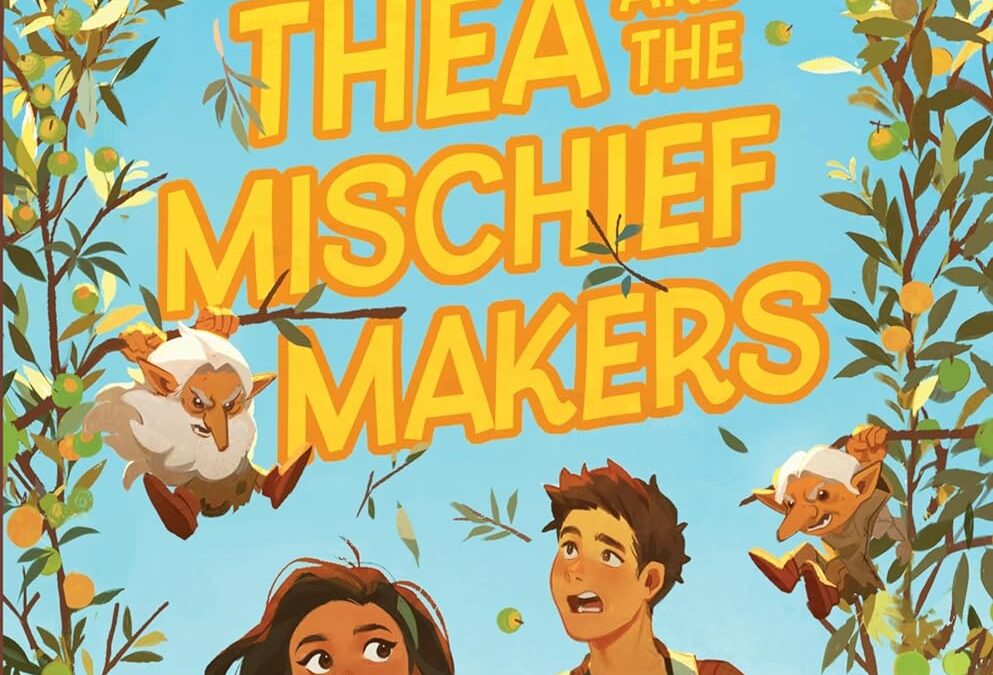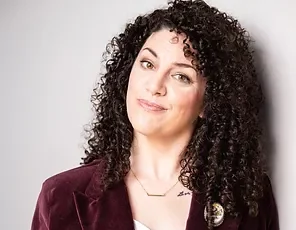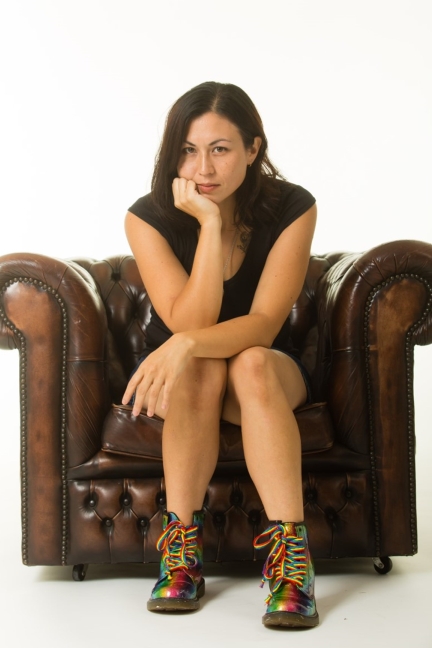
by Alexa Goodrich-Houska (she/they) | Nov 19, 2024 | Blog
In Thea and the Mischief Makers, Filipino American Thea Torres is finally living the dream—or at least, the middle school dream. She’s popular, athletic, and attending Junior Stunt Warrior Camp with her new, cool friends. The cherry on top? She’s known for her...

by Michele Kirichanskaya | Apr 24, 2024 | Blog
Born and raised a voracious reader of anything she could get her hands on in rural Nova Scotia, Rose Sutherland has an overactive imagination and once fell off the roof of her house trying to re-enact Anne of Green Gables. She’s continued to be entertainingly...

by Michele Kirichanskaya | Aug 26, 2022 | Blog
Sunyi Dean (sun-yee deen) is an autistic author of fantasy fiction. Originally born in the States and raised in Hong Kong, she now lives in Yorkshire with her children. When not reading, running, falling over in yoga, or rolling d20s, she sometimes escapes the city to...




